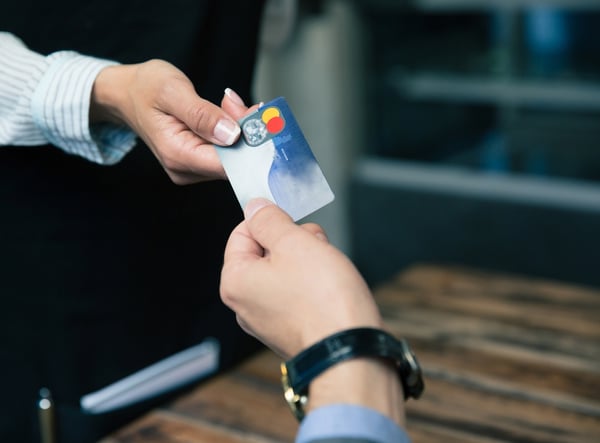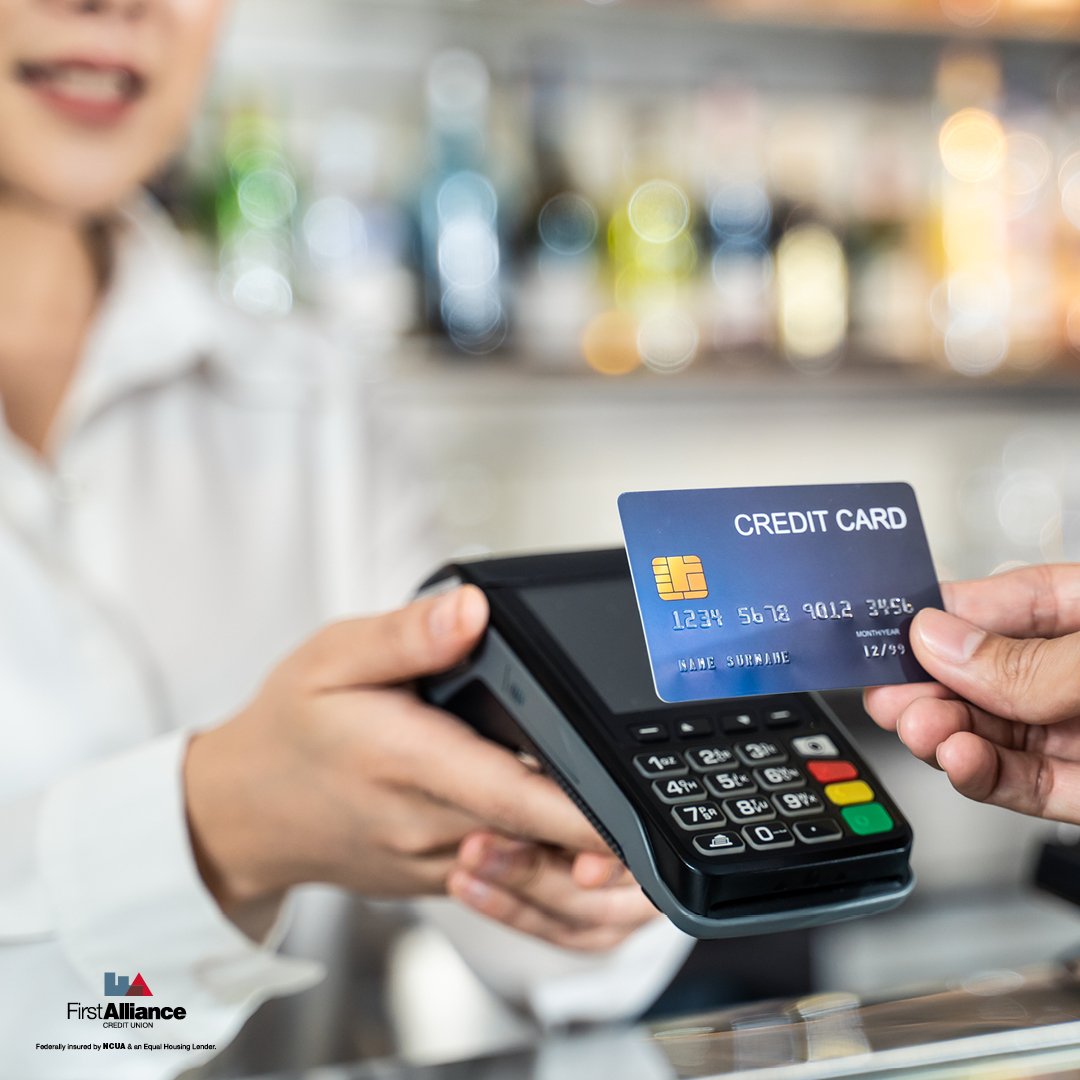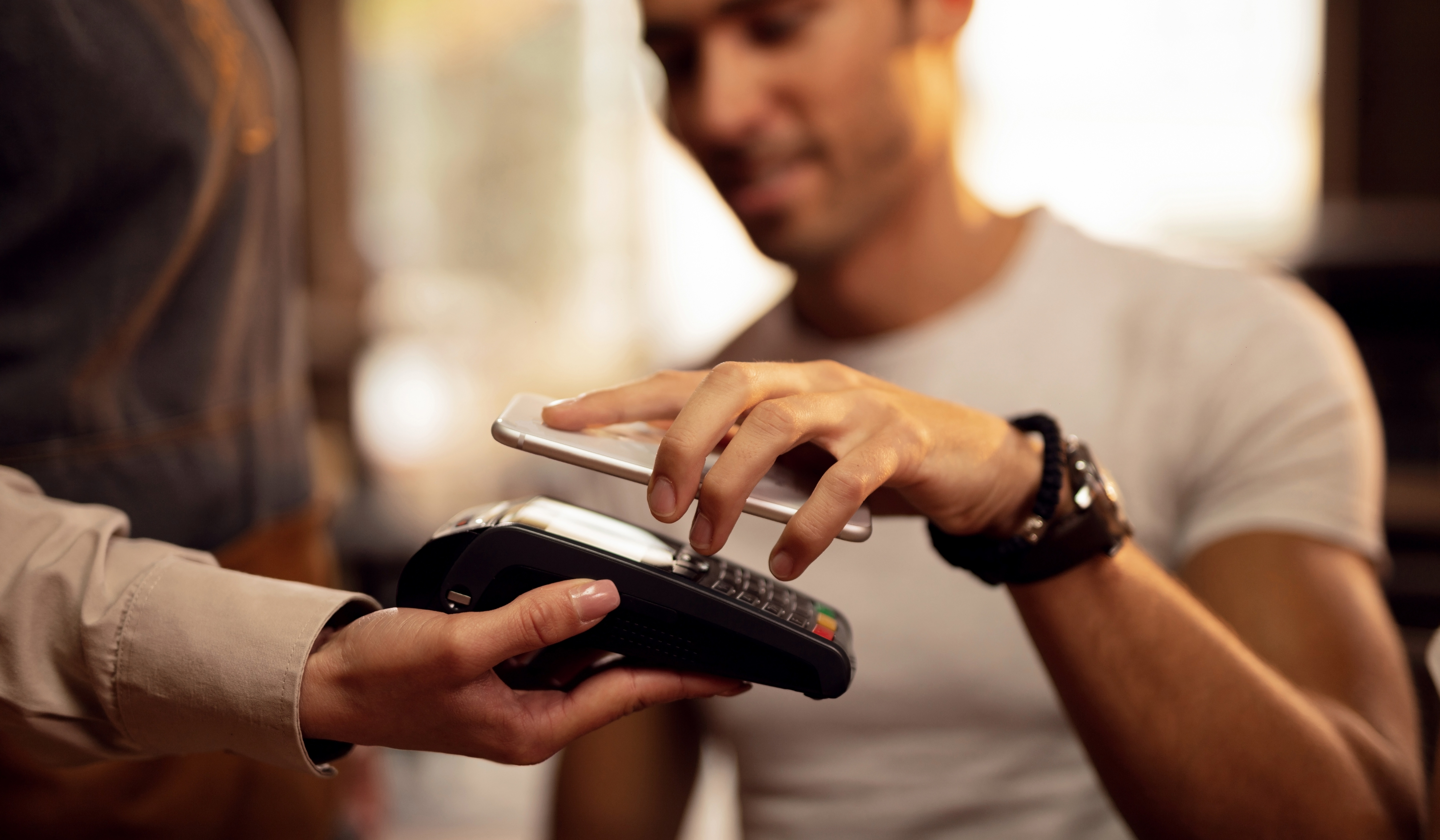Tips to Make Credit Cards Your Best Friends
If you use a credit card properly, it can be an amazing tool. When credit is used irresponsibly, however, it can become your worst nightmare. You can...
3 min read
 Jenna Taubel
:
Feb 6, 2020 6:52:00 AM
Jenna Taubel
:
Feb 6, 2020 6:52:00 AM

When you get your first banking account and start managing your own money, you begin to hear a lot of new words and learn new financial concepts. One concept that people often become confused about is the difference between debit cards and credit cards. Which is understandable because debit cards and credit cards look and function in similar ways when making purchases. However, credit and debit cards are actually quite different from each other.
A debit card is a plastic card that holds information about your banking account on it. When you use your debit card to make a purchase, whether by swiping, inserting, or through Apple Pay, your debit card transmits your banking information to the store you are making a purchase at. The store then is able to pull the funds directly from your banking account. Generally, your debit card is tied directly to your checking account. This means every time you swipe your card you are instantly spending the funds in your checking account. Before debit cards people would need to write paper checks or use cash to make purchases in stores.
Like a debit card, credit cards are plastic cards but they are not tied to your banking account. A credit card is actually a type of loan called a line of credit. This means that when you make a purchase with your credit card you are borrowing money from the financial institution who issued you that card. The money you spend on your credit card must be paid back within a set period of time, usually 30 days, or you will begin to be charged interest. If you fail make payments to your credit card you risk damaging your credit score which can have lasting effects on your financial future.
The answer is no, a debit card does not affect your credit score. This is because debit card transactions do not appear on your credit history. With a debit card you are not borrowing money like you are with a credit card. When you use a debit card, the money is immediately taken out of your banking account, there is no credit involved.
When you use a credit card you’re building up a credit history which will have an impact your credit score. When used responsibly credit cards are actually a great way to start building a credit score. However, if you misuse your credit card and do not make your payments on time, your credit score will be negatively affected.

There is not necessarily a right or wrong time to use a credit card vs a debit card to make purchases. However, there are some advantages and disadvantages that come with each payment option you should consider.
The process for using a debit card or a credit card is similar in that you can swipe, insert, or use a mobile wallet to complete your transaction with both payment options. However, that is where the similarities between credit cards and debit cards end. A debit card is a convenient way for you to access the funds in your checking account. A credit card is a loan that must be paid back with interest. As with any financial product or service there are pros and cons. However, once you understand the difference between debit cards and credit cards, you will be able to make informed decisions as to when it is best to use each payment option.

If you use a credit card properly, it can be an amazing tool. When credit is used irresponsibly, however, it can become your worst nightmare. You can...

Picture this: you’re grabbing snacks after school, and the cashier asks, “Credit or debit?” Both cards look alike, but they pull money from very...

Mobile Wallets are convenient way to securely make purchases at stores, as well as online and through some apps. First Alliance Credit Union’s debit...